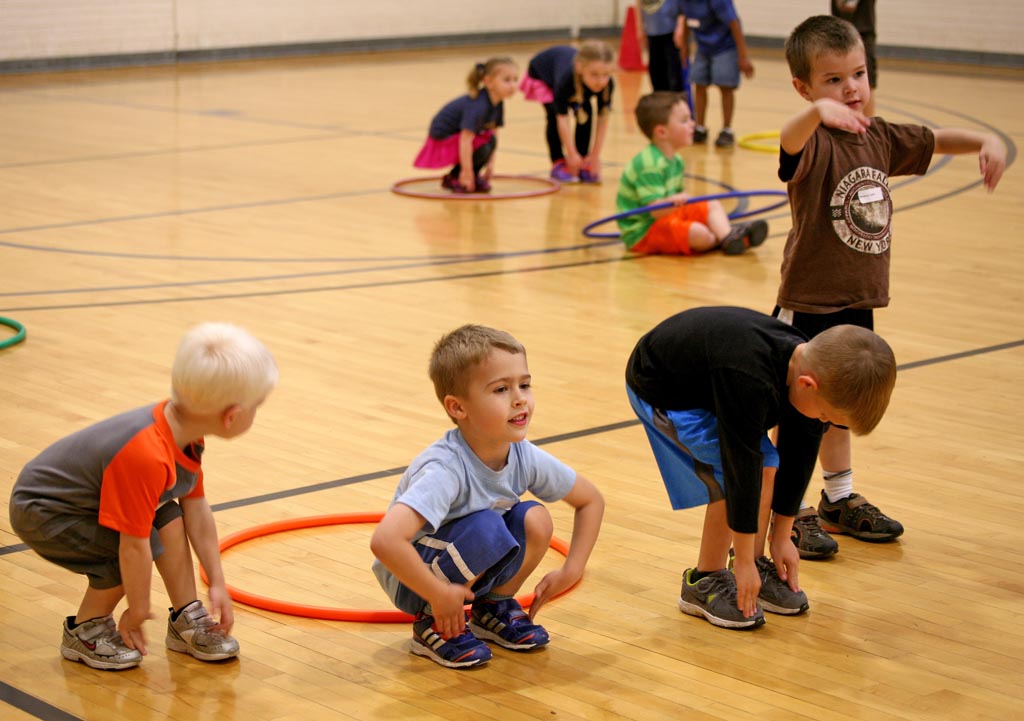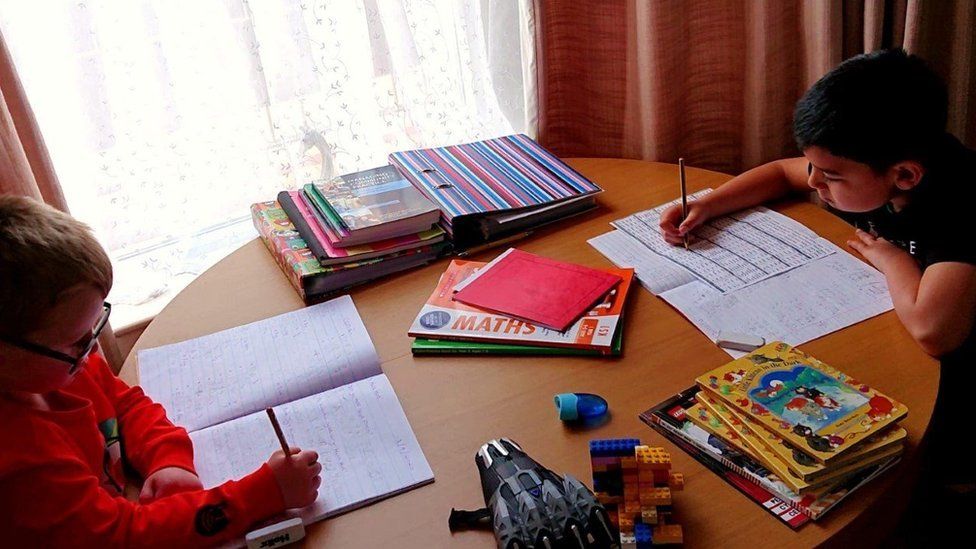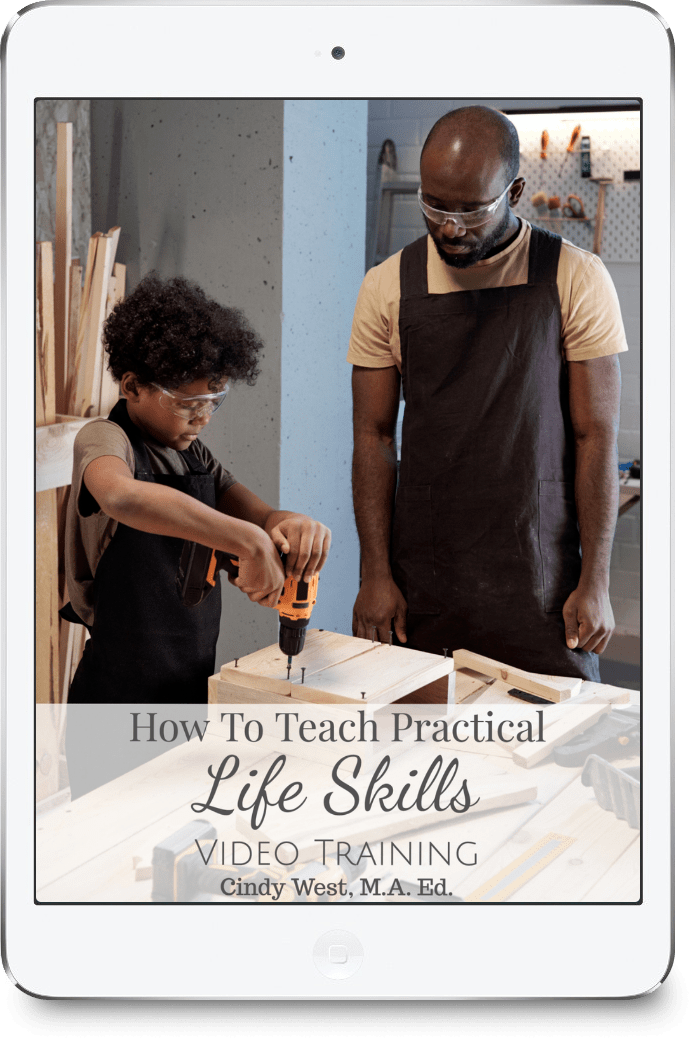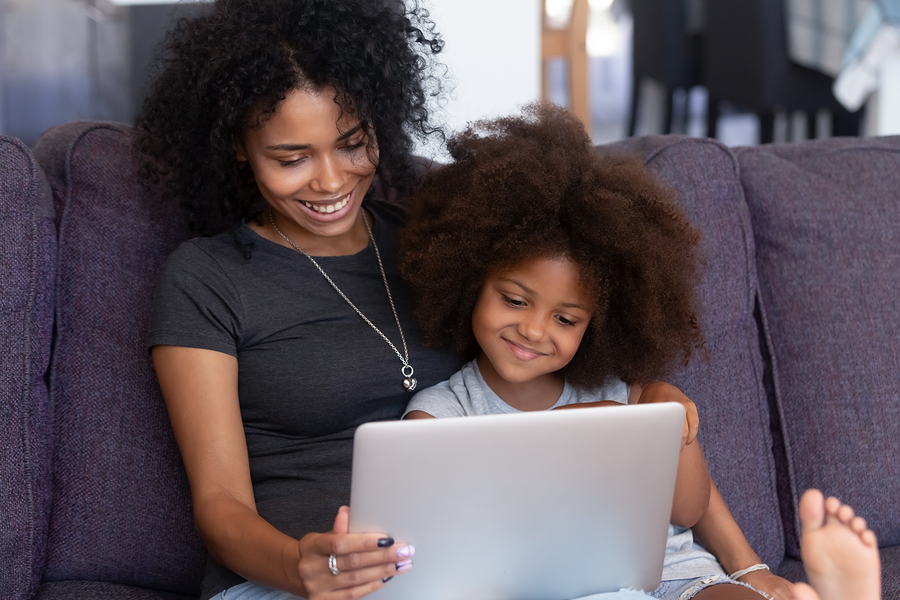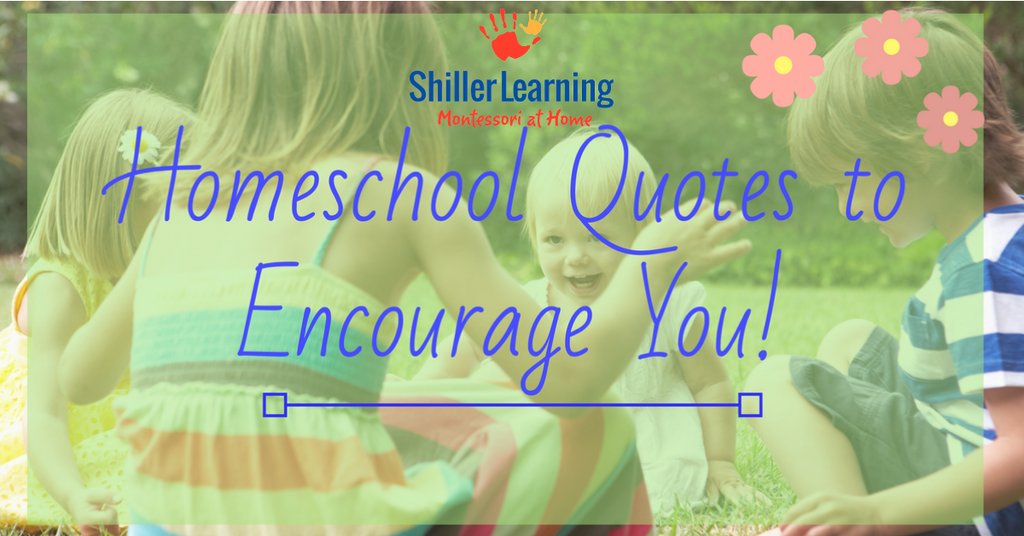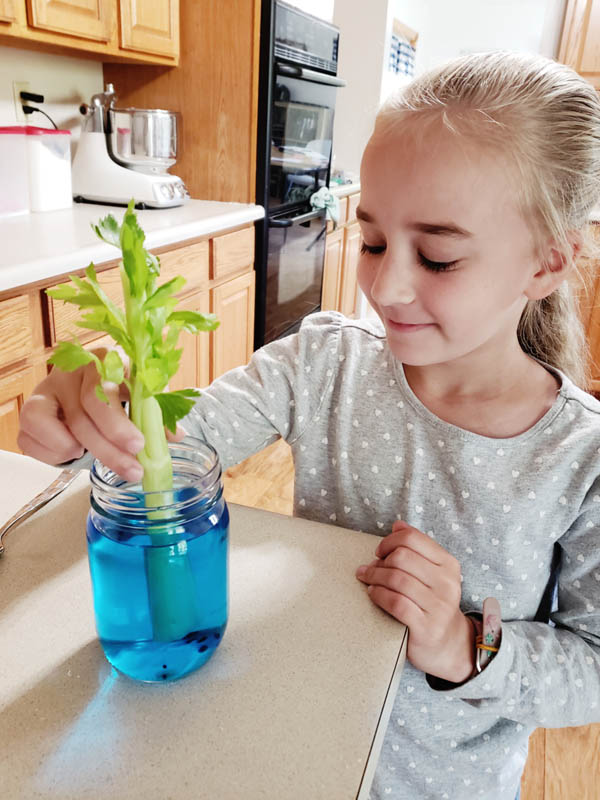Explore Beyond: Home Schooling Virtual Tours for Educational Adventures

Explore Beyond: Home Schooling Virtual Tours for Educational Adventures
Home schooling offers a unique opportunity for personalized learning, and integrating virtual tours into your curriculum can open up a world of educational adventures. In this article, we’ll delve into the benefits of incorporating virtual tours into your home schooling routine and explore some captivating options for diverse subjects.
The Educational Power of Virtual Tours
Virtual tours have become invaluable tools for home schooling, providing immersive experiences that go beyond textbooks. These digital journeys allow students to explore historical landmarks, museums, and ecosystems from the comfort of their homes. The visual and interactive nature of virtual tours enhances understanding and retention of information.
Bringing History to Life
History comes alive through virtual tours, offering students a front-row seat to significant events and places. Take a virtual stroll through ancient civilizations, tour historical landmarks, and witness pivotal moments in time. These immersive experiences make history more tangible, fostering a deeper connection to the past.
Exploring Science and Nature Virtually
Virtual tours extend beyond history, offering rich experiences in the realm of science and nature. Dive into the depths of the ocean, explore ecosystems, or take a virtual safari. These tours provide a close-up look at the natural world, sparking curiosity and appreciation for the diversity of life on Earth.
Art and Culture from Around the Globe
Integrate virtual tours into your art and cultural studies to expose students to a global perspective. Visit world-renowned museums, explore artistic masterpieces, and delve into cultural exhibits. Virtual tours enable students to appreciate the richness of human creativity and cultural heritage.
Interactive Learning in STEM Fields
For students interested in science, technology, engineering, and mathematics (STEM), virtual tours offer interactive learning experiences. Explore cutting-edge laboratories, engineering marvels, and technological innovations. These tours provide insight into real-world applications of STEM concepts, inspiring future scientists and engineers.
Taking a Literary Journey Through Virtual Tours
Literature comes to life through virtual tours that transport students to the settings of their favorite books. Whether exploring the streets of Shakespearean England or visiting locations from classic novels, virtual tours enhance literary understanding by providing context and visual connections.
Culinary Adventures in the Virtual World
Home schooling can extend beyond traditional subjects, and virtual tours offer a unique way to explore culinary arts. Take a virtual tour of farms, food markets, and international kitchens. This immersive experience connects food with geography, culture, and history, making it an interdisciplinary learning opportunity.
Physical Education Through Virtual Exploration
Even physical education can benefit from virtual tours. Explore national parks, hiking trails, or sports stadiums virtually. While physical activity is crucial, virtual exploration can complement outdoor experiences, providing knowledge about diverse environments and sports facilities.
Global Connections Through Virtual Exchange Programs
Virtual tours also facilitate global connections by simulating international exchange programs. Connect with students from around the world, virtually visit their schools, and learn about their cultures. This cultural exchange fosters global awareness, understanding, and friendships beyond geographical boundaries.
Home Schooling Virtual Tours: A Link


